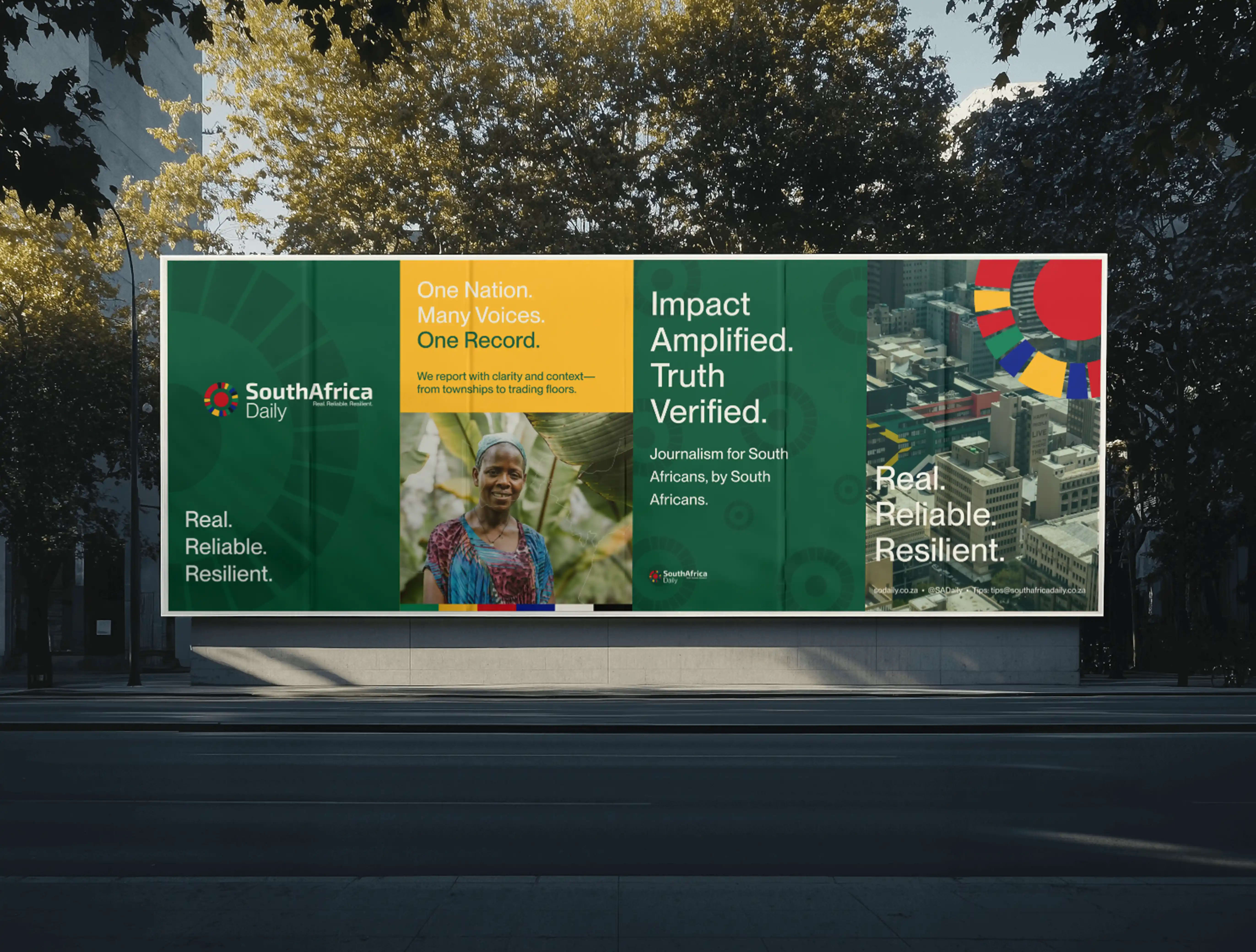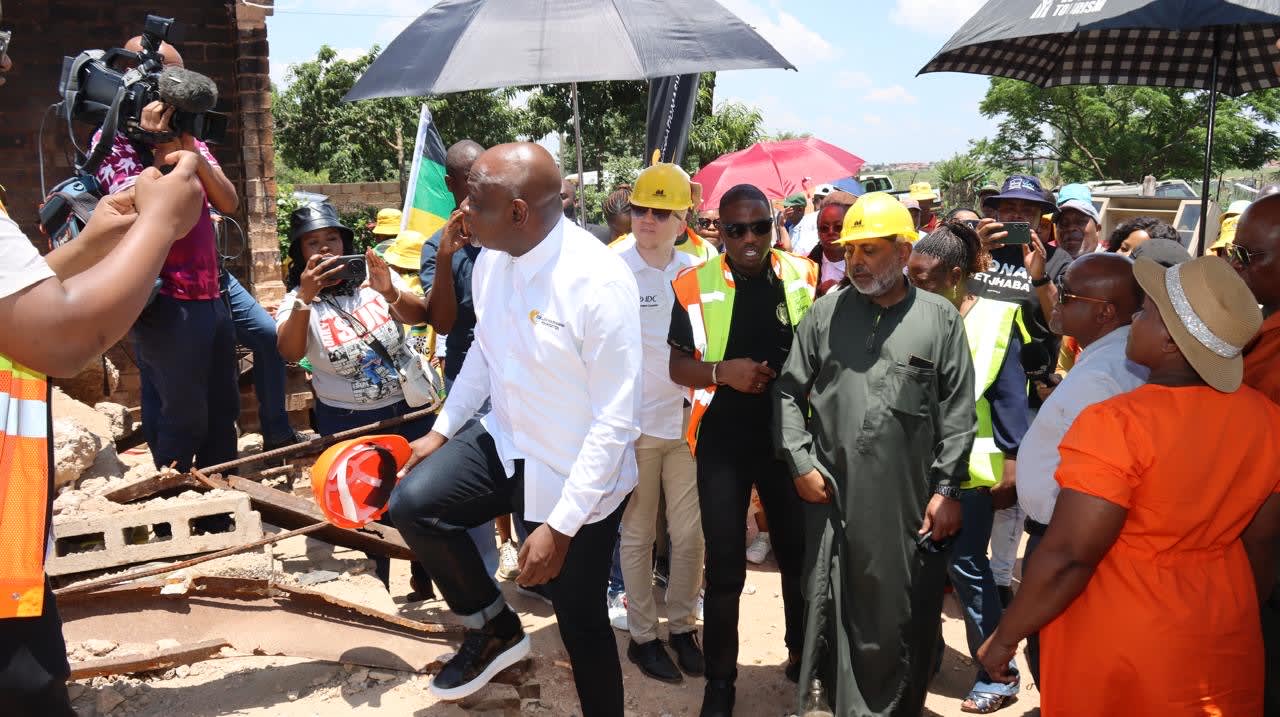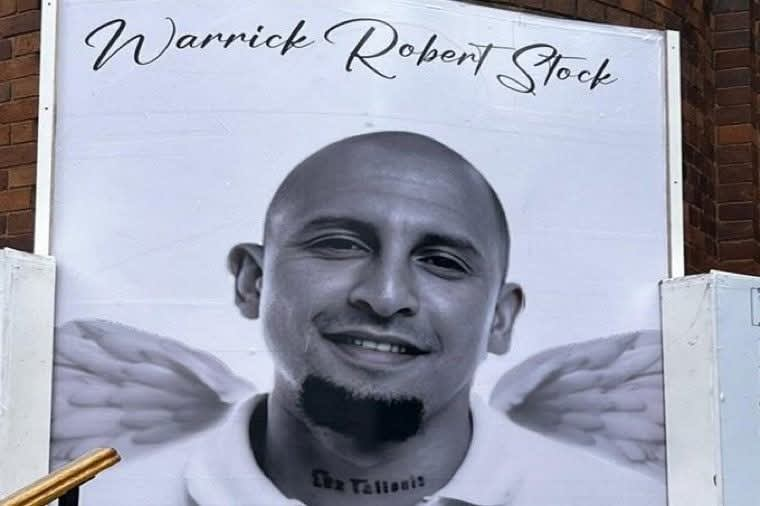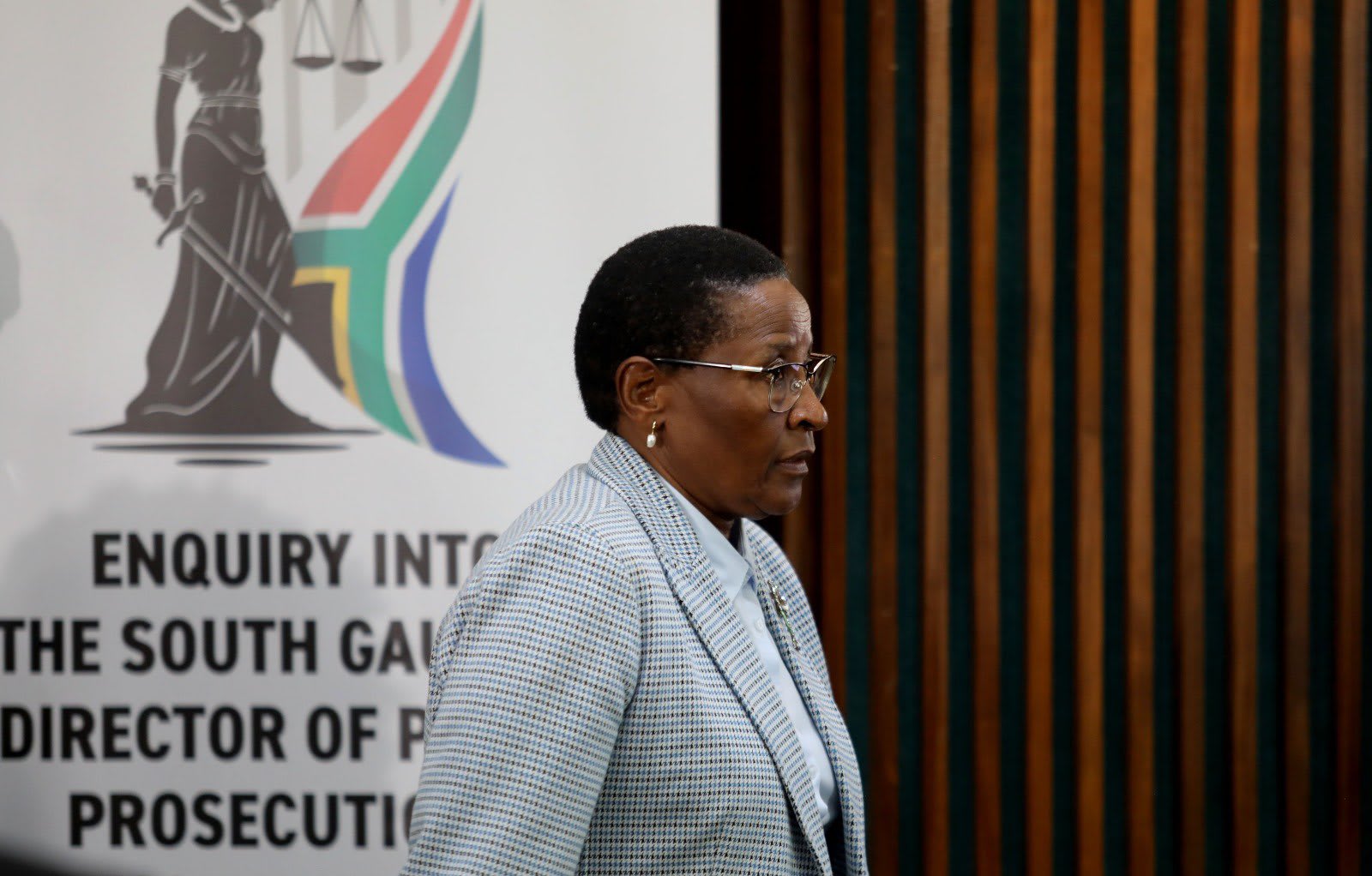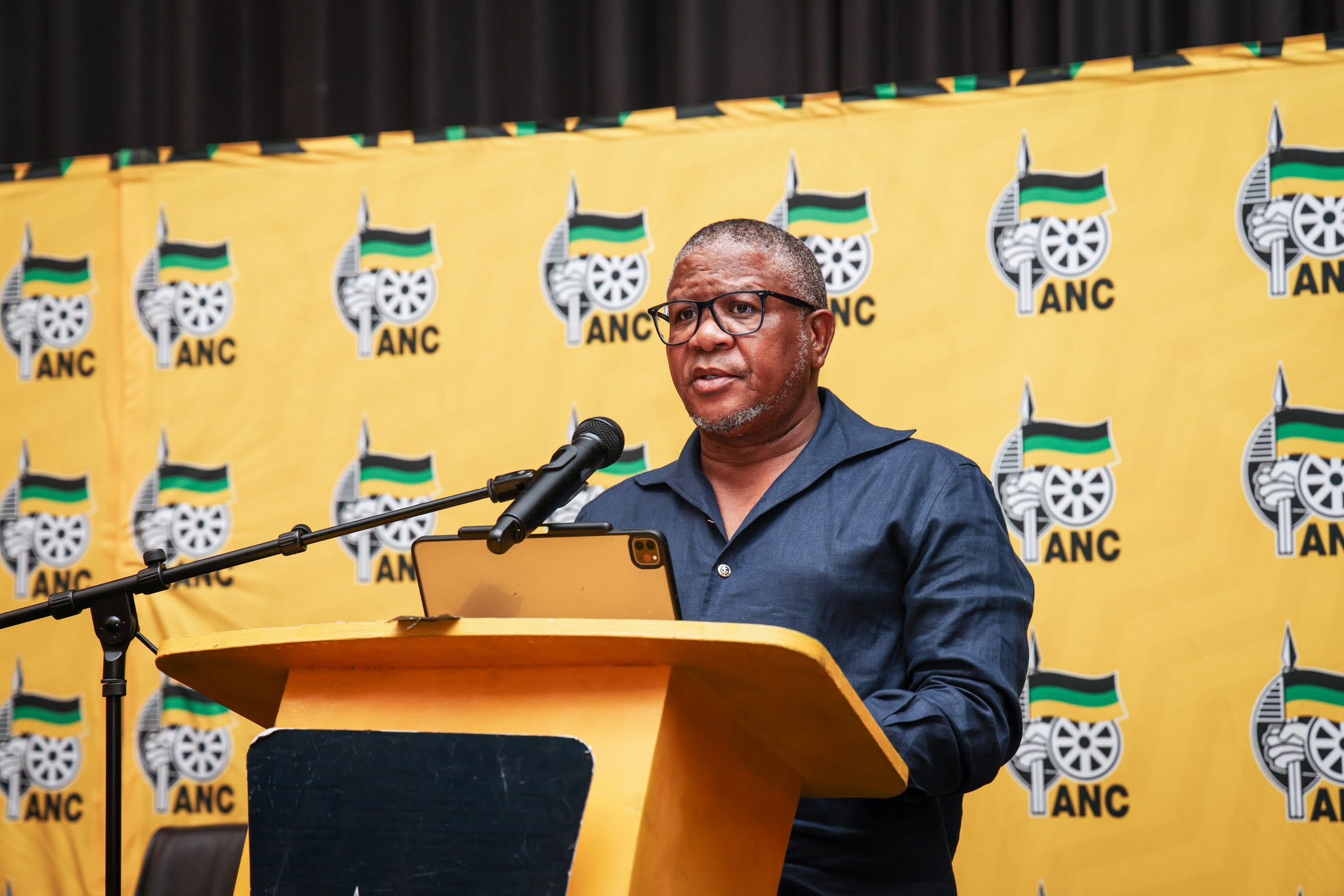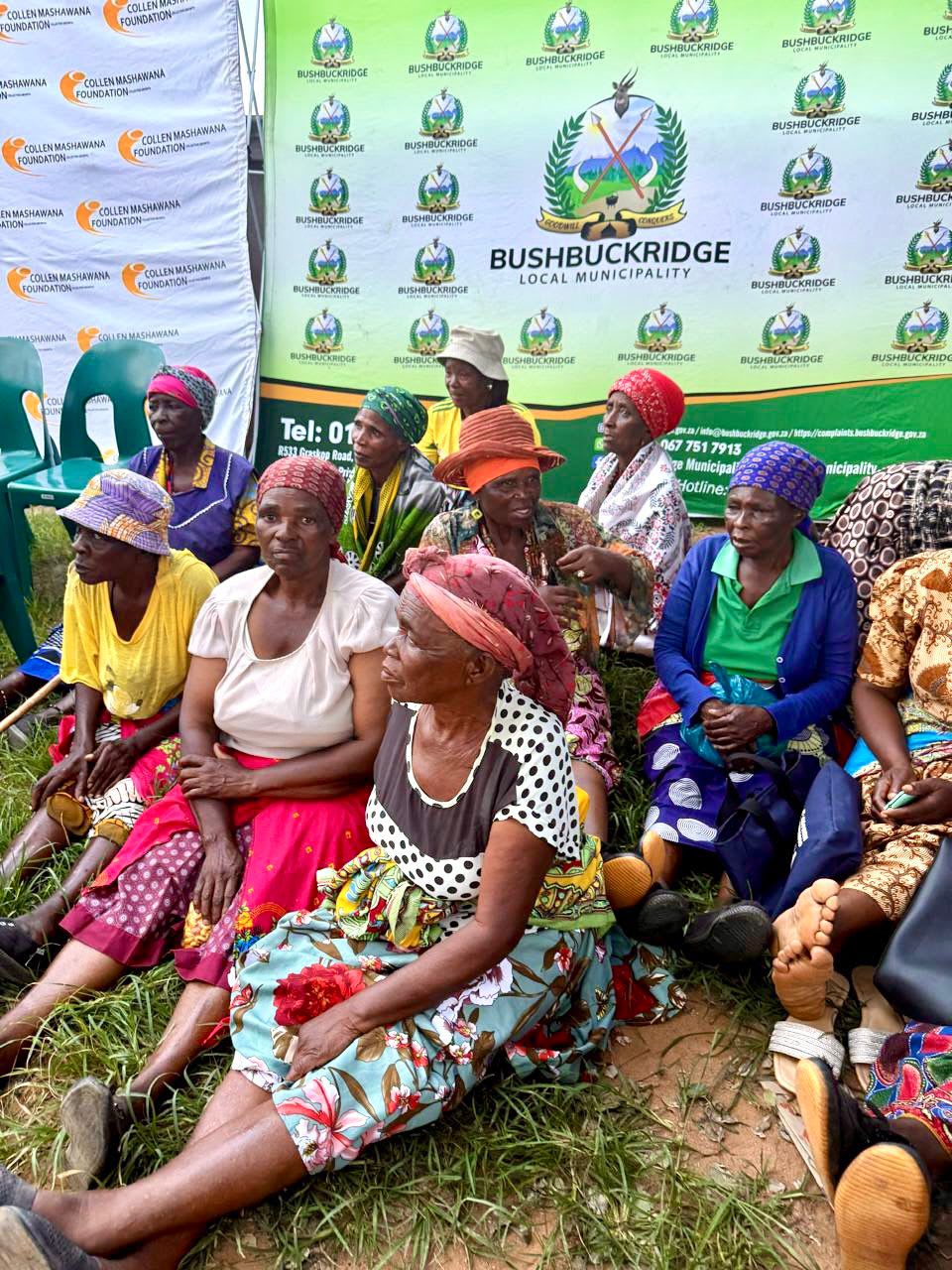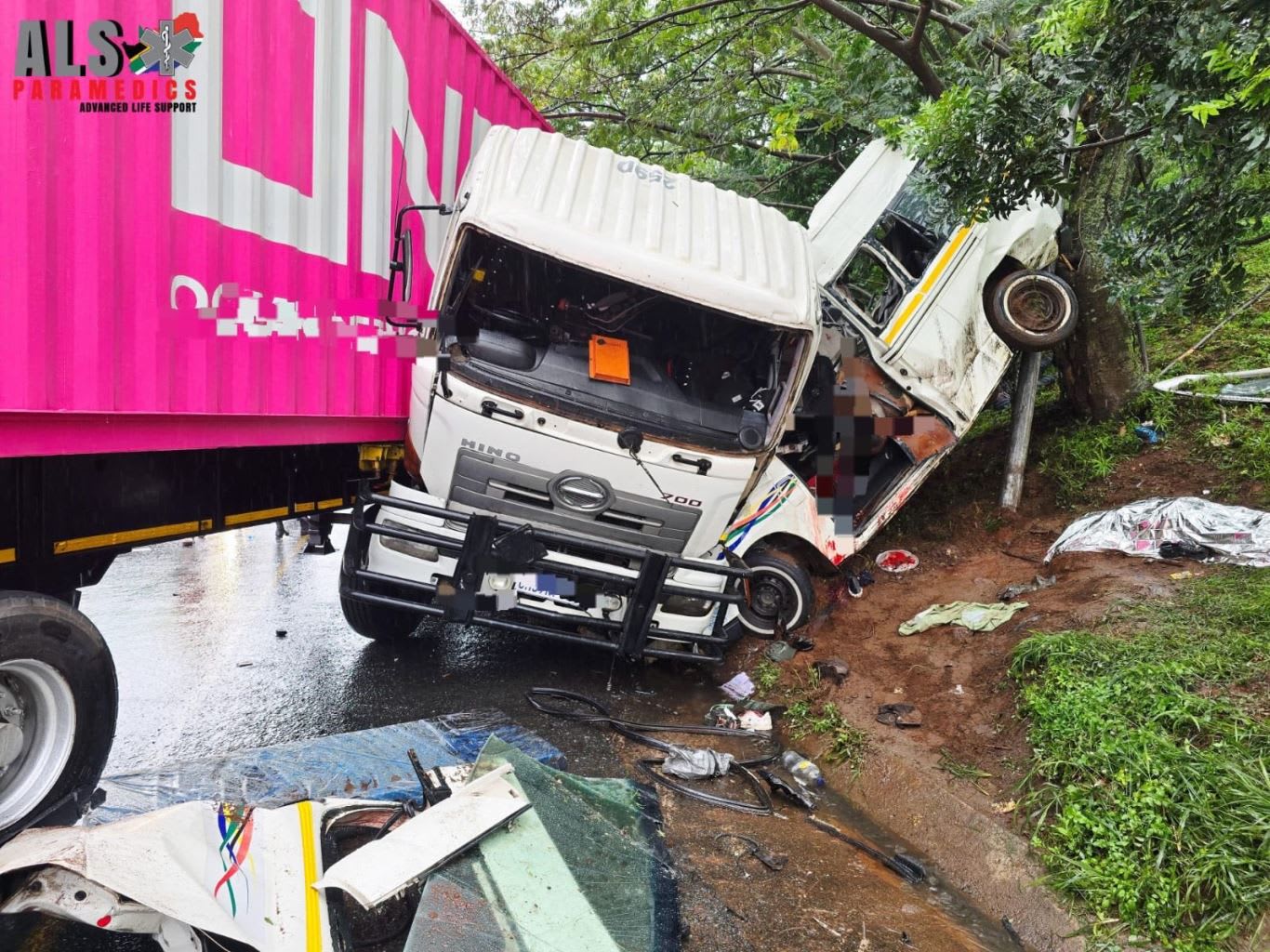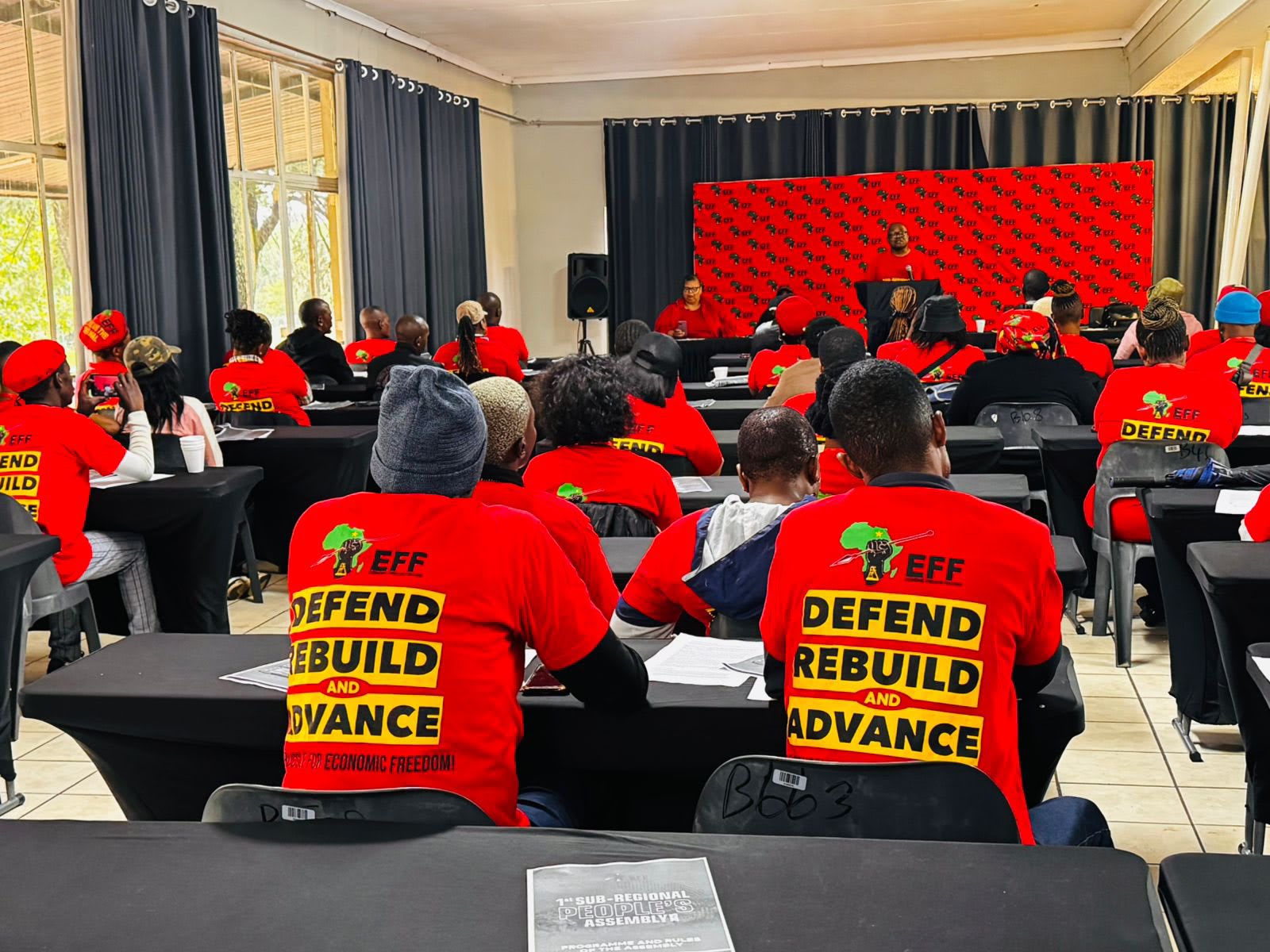Elections
The Electoral Commission says preparations for the 2026 Local Government Elections are progressing well, with over 300 000 new voters registered and strong compliance from political parties. The IEC also confirmed progress on legislative reforms, ward demarcations, and public consultations on electronic voting.
The Electoral Commission of South Africa (IEC) says it is satisfied with the progress made in preparing for the 2026 Local Government Elections, highlighting significant gains in voter registration, political party accountability, and stakeholder consultations.
Addressing the media on Tuesday, the IEC said it was “encouraged by the momentum and public participation” seen so far, as the country heads towards another major democratic exercise.
“From January to September 2025, we recorded over 305 000 new voter registrations and more than 60 000 updates to voter details,” the Commission said. “We are encouraged that South Africans continue to take advantage of the multiple platforms available to register, especially the online portal and Voter Management Devices.”
According to the IEC, September saw the highest spike in registrations, with over 71 000 new voters signing up. The Commission said 76.8% of all registrations were captured using digital devices, 12% were processed through the online portal, and 10% took place at local offices.
“This shows that more South Africans, particularly young and first-time voters, are embracing technology and the convenience of digital registration,” the IEC said.
Despite this progress, the Commission urged more citizens to act now. “We call on all eligible voters to register where they live and confirm their voting district,” the IEC said. “If you have moved since your last registration, update your address so you can vote in your correct ward. Your vote is your voice.”
The Commission also announced that it had tabled its 2024/25 Annual Report before the Portfolio Committee on Home Affairs on 14 October. The report reflects strong institutional performance, with 92% of key performance targets met and five consecutive clean audits achieved.
“This record reflects our ongoing commitment to accountability, efficiency, and excellence in election management,” the IEC said.
On political party funding, the Commission reported a 90% compliance rate among represented parties, with 18 of 20 submitting audited financial statements by the 30 September deadline. Build One SA and the National Coloured Congress were issued formal notices for missing the submission date.
However, compliance among unrepresented political parties remains low. “Out of 438 unrepresented parties, only 28% complied with the legal requirement to submit financial statements accompanied by affidavits,” the IEC said. “The remaining 304 parties have been issued with formal directions to ensure future compliance.”
The Commission emphasised that all political parties are required by law to maintain proper financial records. “The integrity of our democracy depends on transparency in political funding,” it said. “We will continue to strengthen monitoring, capacity-building, and accountability under the Political Funding Act.”
Turning to electoral reform, the IEC said it had concluded national consultations on the feasibility of introducing electronic voting in South Africa. The process, which ended on 30 September 2025, drew widespread public participation through 20 provincial workshops and more than 200 written submissions.
“The consultations confirmed that South Africans support a cautious and phased approach to any form of electronic voting,” the IEC said. “There is clear support for pilot projects, hybrid systems combining paper and digital methods, and strong calls for public education and investment in digital infrastructure before implementation.”
The Commission said it would consolidate the feedback and submit a revised policy paper to Parliament. “We want to assure the public that electronic voting will not be implemented in the upcoming local government elections,” it said.
As part of preparations for the elections, the IEC has proposed amendments to the Electoral Act to improve fairness and efficiency. These include limiting objections to the provisional voters roll, introducing remedies for disputed addresses, and automatically deregistering political parties that fail to confirm their existence by the prescribed deadline.
The Commission will present the draft amendment bill to the Portfolio Committee on Home Affairs on 18 November 2025.
On the demarcation of wards, the IEC confirmed that it had received updates from the Municipal Demarcation Board (MDB), which will hand over the final list of ward boundaries in December 2025. “This will enable us to align voting districts and ensure all voters are correctly placed in their wards,” the IEC said.
Between April and October 2025, the IEC conducted 57 ward by-elections, most of which were in the Eastern Cape and Gauteng. The average voter turnout was below 45%, but the Commission said all by-elections were successfully conducted and none of the results had been contested.
“By-elections will cease on 30 April 2026, nine months before the general municipal elections, in line with the Municipal Structures Act,” the Commission said. “However, proportional representation councillor replacements will continue until the eve of the elections.”
The IEC also confirmed that since the 2024 National and Provincial Elections, 62 new political parties had been registered, bringing the total to 508. Of these, 295 are registered nationally, with the rest operating at provincial, district, or metropolitan levels.
To strengthen political participation, the IEC has scheduled information workshops in November for aspiring candidates, unrepresented parties, and independents. “These workshops will equip future contestants with the necessary knowledge to participate successfully in the upcoming elections,” the IEC said.
The Commission’s voter education drive has also expanded, reaching more than 2.6 million people through over 18 000 community events held across all provinces.
“We are focusing on empowering first-time voters and young people to take part in shaping their future,” the IEC said.
The Commission urged citizens to register early and update their details. “Now is the time to prepare to make your voice heard,” the IEC said.

